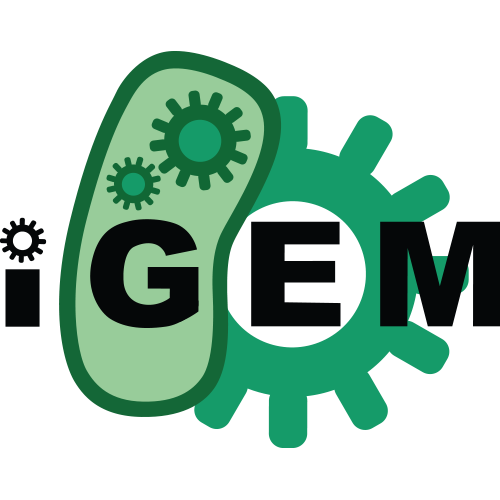Source:
Generated By: https://synbiohub.org/public/igem/igem2sbol/1
Created by: Joshua Fass
Date created: 2012-09-30 11:00:00
Date modified: 2015-05-08 01:13:06
Synthetic Chorionic Gonadotropin, beta (synCG-β
)
| Types | DnaRegion |
| Roles | Coding CDS |
| Sequences | BBa_K732001_sequence (Version 1) |
Description
A synthetic version of human chorionic gonadotropin (hCG), a hormone produced during pregnancy. The nucleotide sequence was modified to maximize expression efficiency in bacteria and to conform to standard assembly, and the gene was chemically synthesized. The protein coded by this part is the beta subunit of hCG (hCG-β), which contains epitopes recognized by pregnancy tests. The full hCG dimer is also used as an ovulation inducer and can stimulate the production of testosterone in men.This sequence can be used to express hCG for any downstream uses, and also as an output signal since it triggers pregnancy tests at low concentrations when properly folded.
